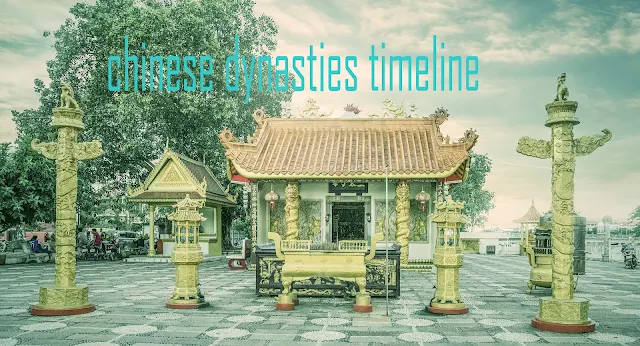Confucius and the Reclamation of Considerate Request
Presentation
Confucius,
brought into the world in 551 BC during the Eastern Zhou Line, tried to address
the cultural strife and experiencing brought about by fights for control
between states. His way of thinking, established in useful critical thinking,
expected to reestablish the lovely custom request of the previous Western Zhou
Tradition, giving an answer for the difficulties of his time.
The Order of Paradise and the Zhou Ceremonies
Confucius
appreciated Lord Wen of Zhou's political way of thinking on the Order of
Paradise, underlining the ruler's ideal adherence to regard for Paradise and
love for individuals. He proposed a straightforward arrangement: reestablish
the Zhou ceremonies. Confucius trusted in a various leveled structure,
underscoring the decent and methodical connections among ruler and subject,
father and youngster, a couple, and more established and more youthful kin.
In the Zhou
Tradition, the relational connections framed a kindhearted request, with
subjects submitting to rulers, youngsters faithful to fathers, spouses
respectful to husbands, and more youthful kin accommodating to more established
ones. This progressive request, at both the public and familial levels,
comprised the center of the custom framework.
The Book of Rituals: Systematizing Life
Customs,
according to Confucius, included conduct and manners standards that applied to
both relatives and government authorities. The Book of Customs, a manual of
mental and conduct solutions, definite the assumptions for every individual's
job in the public eye. From birth to death, union with grieving, the book
endorsed manners, mentality, apparel, and, surprisingly, explicit words for
different events. Customs were the establishment for cultural assumptions,
developing a common mental comprehension.
Confucius' Answer: Instruction
Confronted with
the test of tracking down significance in life while sticking to complex
ceremonies, Confucius pushed schooling as an answer. Confucians, such as
himself, were entrusted with the remarkable social job of caring for the world
and local area, showing others how its done. The objective was to persuade
rulers to reestablish the lovely custom request of the Zhou Line.
https://squaremagician.com/et08tr06u9?key=1f02d85034e7486ac606af70fc504de1
Disappointment and Tradition of Confucius
In spite of
twenty years of going to advance his Confucian hypothesis, Confucius neglected
to persuade the lords of the vassal states. Disappointed, he got back and
coordinated his way of thinking into composing, abandoning The Four Books and
the Five Works of art. His inheritance perseveres, in spite of the fact that he
might have been worshipped as a sage because of a daily existence set apart by
apparent disappointment.
Turning into a Decent Confucian
Confucius framed
the means of self-development in works like The Analects and The Book of
Ceremonies. Examination, commitment to picking up, situating the heart, genuine
discourse, legitimate lead, requesting the family, overseeing the country, and
looking for a tranquil world framed the establishment. The brilliant rule of
"do unto others as you would have done to you" directed appropriate
lead. An optimal Confucian epitomized modesty, desire, great habits, and
political information, giving a model to rulers and subjects to get back to
considerate request.
End
Confucius' way
of thinking, established in common sense and a respect for custom, pointed
toward reestablishing request and concordance in a turbulent society. While
scrutinized for lacking precise philosophical conversation, Confucius'
accentuation on instruction and self-development left an enduring effect on
Chinese culture and keeps on impacting moral and moral viewpoints.

